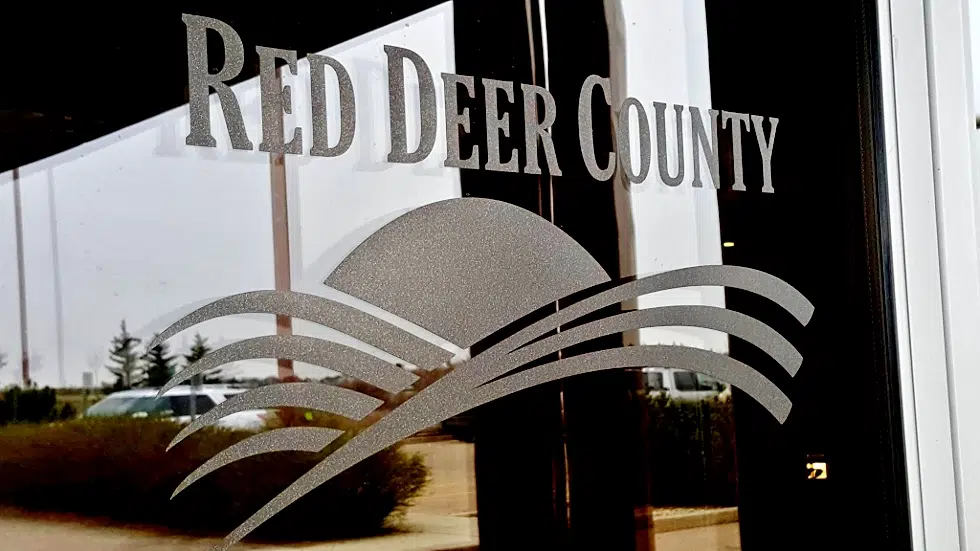
County gets grant funding for regional emergency response training
Red Deer County is receiving a share of $2.6 million in provincial grants to coordinate and train regional “all-hazards” incident management teams to strengthen regional emergency response.
The province says in a release that these teams will use their expertise to support local officials when an emergency or disaster strikes. One of their main functions will be to centralize command, which enables more effective communication and resource sharing across municipal borders.
“We have learned a lot from previous disasters, and we know that fires and floods don’t stop at municipal lines, so it’s important that our ability to effectively respond to emergencies doesn’t stop there either,” Shaye Anderson, Minister of Municipal Affairs. “Our government is committed to helping regions pull together resources and expertise to better protect Alberta families and neighbours across communities.”
The grants will be rolled out over four years. Red Deer County is getting $160,000.


